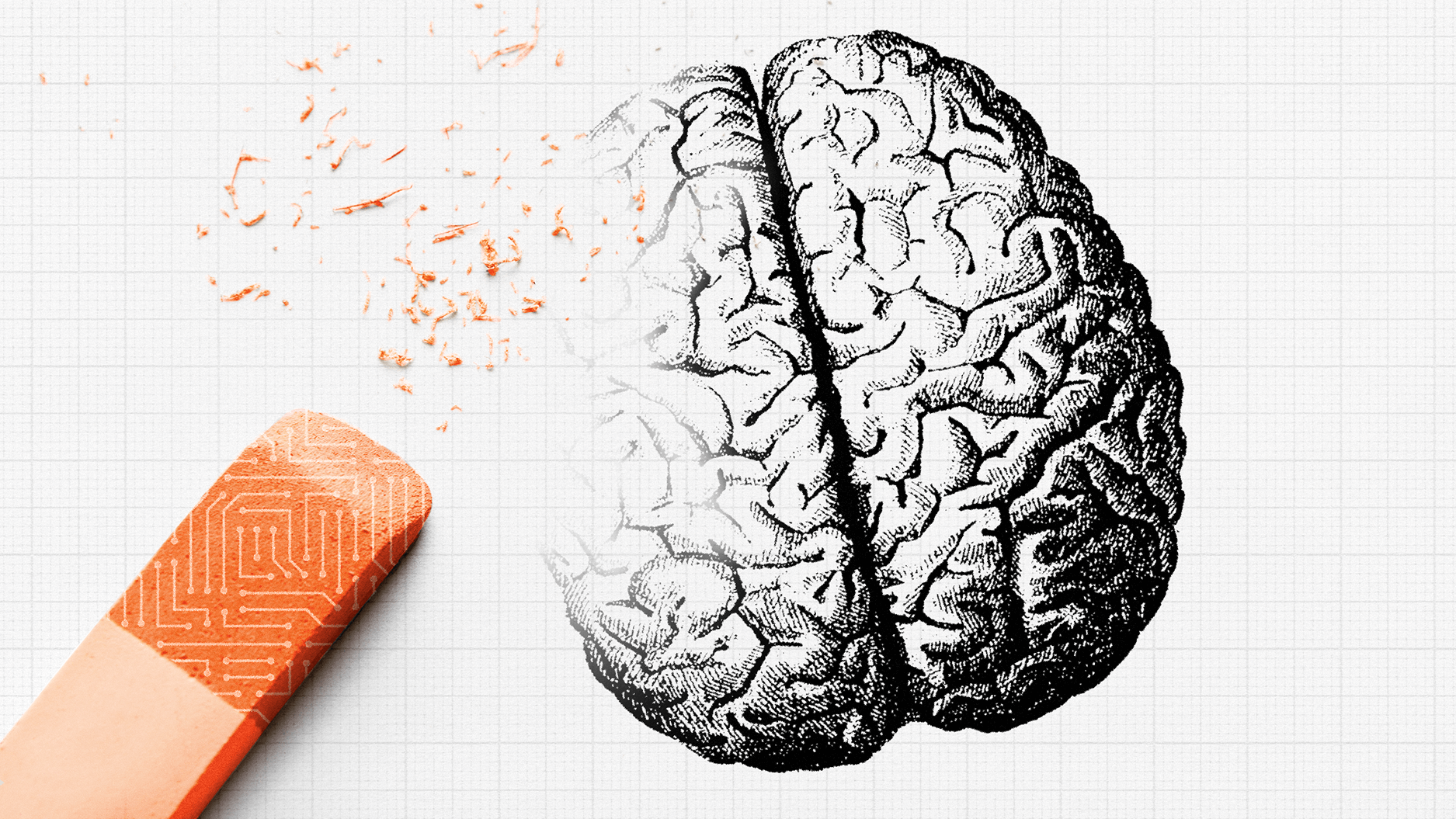The Best AI Will Think Like a Baby

What’s the Latest Development?
Even human minds still in a developmental stage can solve problems which remain huge challenges for computers. For this reason, computer scientists at UC Berkeley want to know more about infants’ minds. Psychologists believe that toddlers make subtle calculations which in turn determine their behavior, such as choosing a kind of lollipop based on how appealing its color is. The minds of youngsters are also understood to be highly imaginative, allowing make-believe objects to substitute for actual objects in the problem solving process.
What’s the Big Idea?
Most importantly, children’s minds are highly adept at learning. They are, in fact, the most efficient learning machines we know of. Could computers be given the tools that come naturally to children’s cognitive development, artificial intelligence should be able to learn new skills on its own, rather than rely on a programmer’s input for knowledge. In principle, computers could model children’s ability to test hypotheses, detect statistical patterns and draw conclusions while constantly adapting to changes.
Photo credit: shutterstock.com





